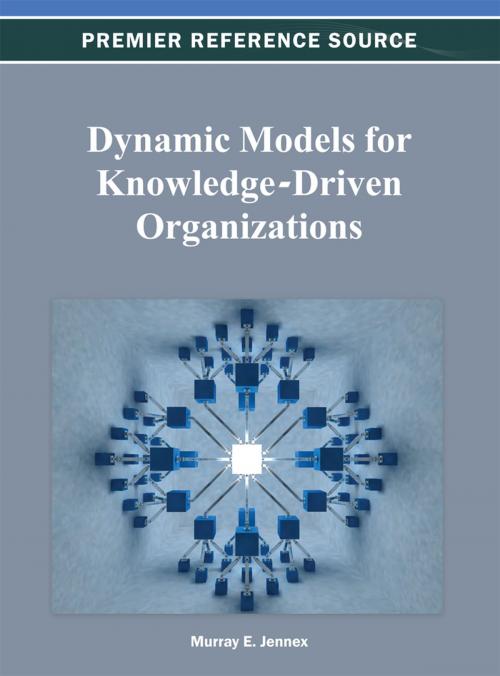Dynamic Models for Knowledge-Driven Organizations
Business & Finance, Industries & Professions, Information Management, Economics| Author: | ISBN: | 9781466625556 | |
| Publisher: | IGI Global | Publication: | November 30, 2012 |
| Imprint: | Business Science Reference | Language: | English |
| Author: | |
| ISBN: | 9781466625556 |
| Publisher: | IGI Global |
| Publication: | November 30, 2012 |
| Imprint: | Business Science Reference |
| Language: | English |
Since knowledge systems and knowledge management programs are put in place to monitor workers in the performance of their jobs; knowledge is, therefore, an essential component in the achievement of goals and production of economic benefit of an organization. Dynamic Models for Knowledge-Driven Organizations presents a widespread collection of research on the understanding of the managerial, technical and human issues associated with the use of knowledge in organizations while bearing in mind the design, development, and maintenance of useful knowledge management systems. This reference is essential for the tools and information needed to effectively implement knowledge management systems and would benefit researchers and practitioners alike.
Since knowledge systems and knowledge management programs are put in place to monitor workers in the performance of their jobs; knowledge is, therefore, an essential component in the achievement of goals and production of economic benefit of an organization. Dynamic Models for Knowledge-Driven Organizations presents a widespread collection of research on the understanding of the managerial, technical and human issues associated with the use of knowledge in organizations while bearing in mind the design, development, and maintenance of useful knowledge management systems. This reference is essential for the tools and information needed to effectively implement knowledge management systems and would benefit researchers and practitioners alike.















